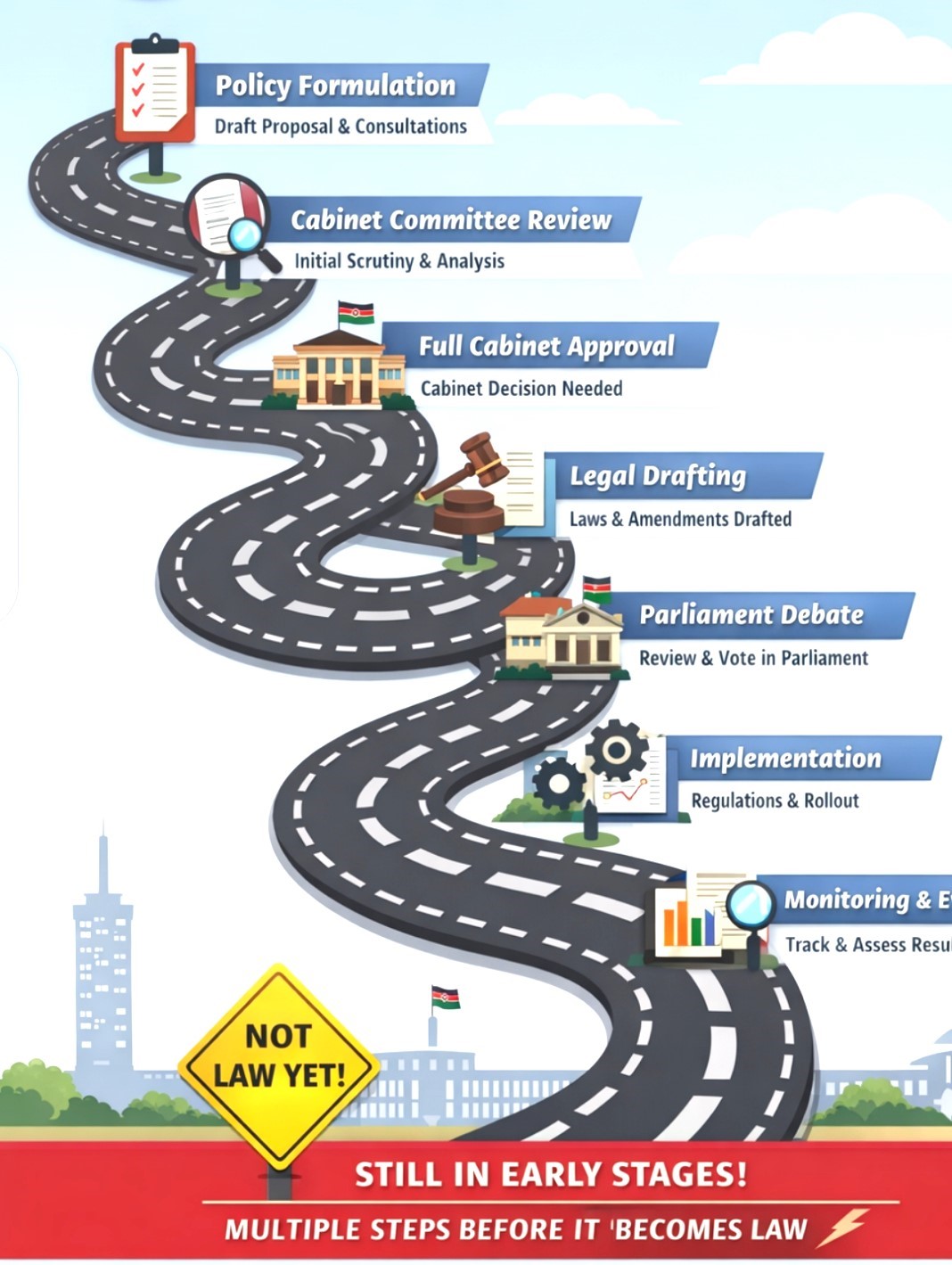Dear reader, my 24th treatise on Competency-Based Education (CBE) focuses on the Integral Role of Non-Teaching Staff (NTS) in Senior School. The policy document titled “Guidelines for Implementation of Senior School Education” spells out the NTS members. Likewise, it points out their pivotal role and key responsibilities.
It is incumbent upon the Board of Management (BoM) in Senior Schools, in perfect agreement with Section 59 (p) of the Basic Education Act (2013), to: employ, remunerate, promote, demote or terminate the services of any of its employees.
As a bellwether, wielding the pen, I can say in this essay, NTS in Senior School supports learning pursuits. They ensure that teachers and learners have a safe, salubrious, and secure school environment to facilitate teaching and learning.
In the new education dispensation, members of NTS in Senior School include: School administrator or bursar, secretary or administrative assistant, accounts clerk, Human Resource Officer, librarian, store keeper, laboratory technician, ICT technician, caterer or cook, janitor or cleaner, security guard(s), Guidance and Counselling Officer, maintenance staff and driver(s).
The NTS members can be categorised into three namely: (a) Administrative Staff made up of bursars, accounts clerk, secretaries and store keepers; (b) Technical or Specialised Staff made up of nurses, ICT technicians, Braille technicians, laboratory technicians, KSL interpreters, caterers or cateresses, librarians and matrons; and (c) Site Staff who include gardeners, security guards and cooks.
NTS are also indirectly involved in curriculum support in areas of accounting, cooking, laundry, stores, security, health management and care-giving of learners. They maintain and manage the school environment. Others are to be engaged in schools’ income-generating activities (IGAs) such as in school farms, laundry and bakeries. Therefore, let us discuss the roles and key responsibilities of a section of the NTS.
- School Administrator or Bursar
The school bursar is the financial and administrative head of the school. Prepares and oversees the school budget. Ensures efficient use of funds. Manages school accounts. Processes payments. Maintains financial records.
- Accounts Clerk
The accounts clerk assists with financial transactions and record-keeping. Prepares invoices. Processes payment. Assists with payroll. Keeps financial records to date. Assists in budget-tracking. Supports the bursar in financial reporting and audits.
- Secretary or Administrative Assistant
The school secretary handles clerical and communication tasks. Manages correspondence such as letters, emails and memos. The secretary manages schedules. Organises meetings. Manages records. Supports school communications with parents, learners and staff. Handles document filing and data entry for school records.
- Librarian
Librarian manages the school library. Organises and catalogues library resources such as books, journals, magazines and digital materials. Assists learners and teachers in locating the library resources. Maintains an orderly library environment. Enforces library policies. Oversees circulation of books and other library resources.
- Store Keeper
Store keeper manages inventory and supplies. Receives and inspects supplies. Issues supplies to departments and staff. Undertakes storage and organisation for easy access and retrieval. Prevents losses, damages, wastes or expirations. Maintains accurate, up-to-date records of stock movements. Generates regular inventory reports for management review, detailing stock levels, usage rates, and any stock discrepancies.
- Laboratory Technician
Lab technician manages laboratory resources. Ensures safety of lab equipment to support impressive implementation of the STEM Career Pathway. Prepares materials and equipment for laboratory experiments. Monitors inventory and request supplies as needed. Assists teachers and learners with laboratory procedures and equipment usage.
- ICT Technician
ICT technician provide technical support for school’s ICT infrastructure. Sets up and maintains computers, networks and other ICT equipment. Troubleshoots and resolves technical issues. Assists learners and teachers with ICT resources. Ensures data security and conducts regular system updates.
- Caterer or Cook
Manages preparation and serving of meals for learners and staff. Plans and prepares nutritious meals within the budget. Ensures food safety, hygiene and cleanliness in the kitchen. Oversees kitchen staff. Manages inventory for food supplies. Co-ordinates with administration to meet dietary requirements.
- Janitor or Cleaner
Janitor or Cleaner maintains cleanliness and hygiene across the school premises. Cleans classrooms, offices, washrooms and other facilities. Disposes wastes. Ensures the environment is clean, safe, salubrious and conducive for learning. Performs basic maintenance tasks as required. Reports any repair needed to the maintenance team or administration.
- Maintenance Staff
Maintenance Staff is to keep records of school facilities: buildings and equipment. Conducts routine repairs and maintenance of school infrastructure. Ensures school grounds, furniture, furniture and equipment are in good condition. Co-ordinates with contractors for specialised repair work when needed. Monitors and reports any facilities issue to the administration.
READ ALSO:
Motorcycle carnage deepens as NTSA reports surge in deaths and life-altering injuries
- Driver
Driver is responsible for safe transportation of learners and staff to and from school activities. Maintains vehicle cleanliness. Conducts routine checks. Reports maintenance needs. Keeps a log of trips. Adheres to safety regulations. Assists with loading, uploading and transport-related duties.
- Human Resource Officer
Human Resource Officer (HRO) will manage human resources within the school. Handle staff recruitment. Take charge of orientation and documentation. Manage staff records. Mange staff attendance, leave and payroll. Ensure compliance with labour laws. Handle employee-relations. Facilitate professional development and training opportunities.
- Guidance and Counselling Officer
Guidance and Counselling Officer (GCO) is to provide emotional and psychological support to students. Offer counselling services for students with academic, social or personal challenges. Work closely with teachers and parents in addressing needs of learners. Conduct workshops on mental health, peer relations and study skills, methods or habits. Identify students who are at risk hence providing robust support.
By Victor Ochieng’
Victor Ochieng’ is an Education Consultant. He trains Non-Teaching Staff on their Integral Role in Senior School. vochieng.90@gmail.com. 0704420232
You can also follow our social media pages on Twitter: Education News KE and Facebook: Education News Newspaper for timely updates.
>>> Click here to stay up-to-date with trending regional stories
>>> Click here to read more informed opinions on the country’s education landscape






